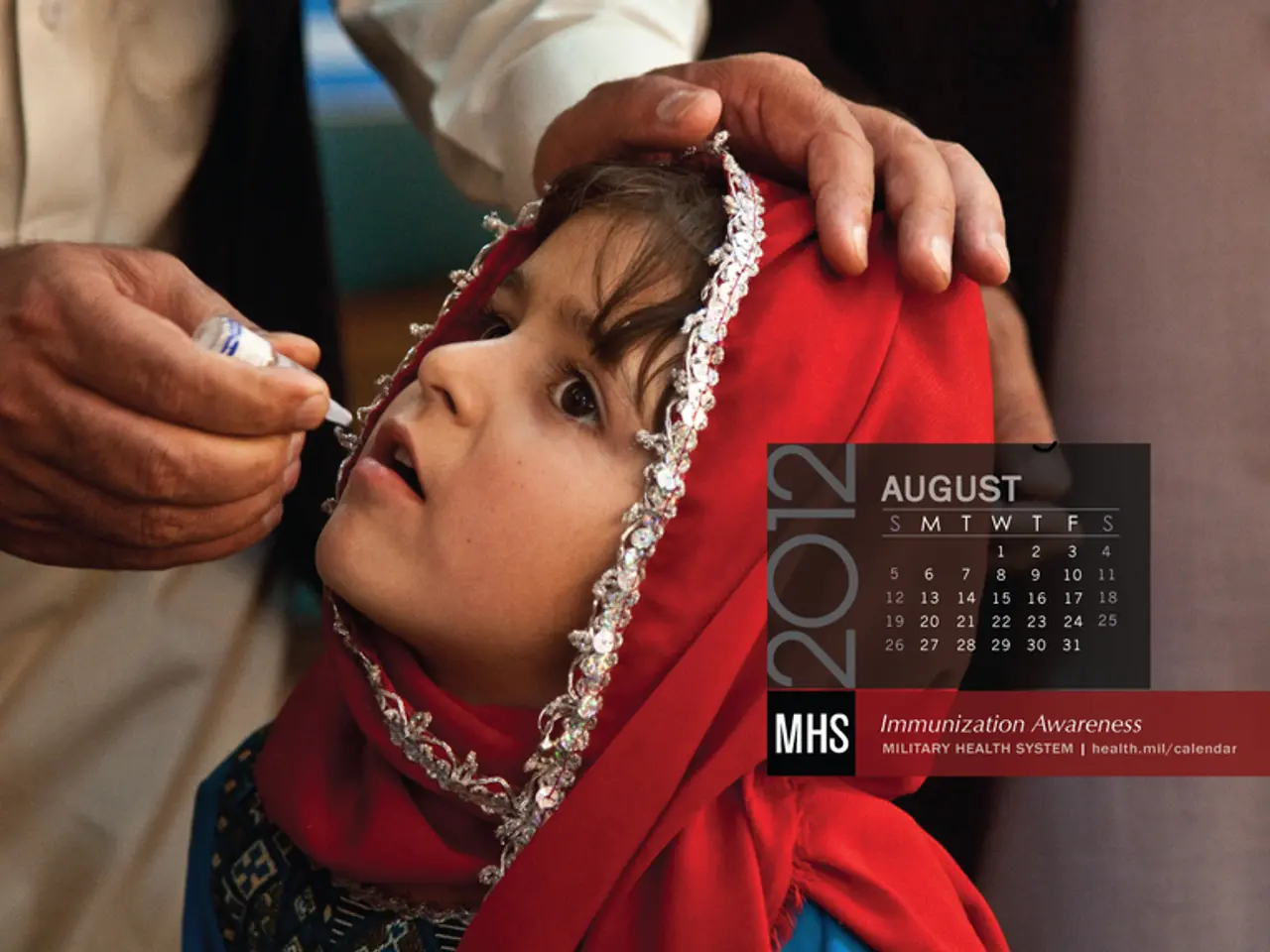Groundbreaking HIV Prevention Method Approved in the USA, Leaves Questions for Low-Income Countries
Approval Granted for Innovative HIV Prevention Strategy in America - U.S. greenlights novel HIV prevention medication for use
Lenacapavir, marketed as Yeztugo®, has recently been approved by the FDA for HIV prevention, standing out as the first and only drug offering protection for six months with just two annual injections. This revolutionary antiretroviral therapy works as a capsid inhibitor, targeting multiple stages of the HIV-1 lifecycle [1][5].
In high-income countries, Lenacapavir is swiftly becoming accessible through pharmacies. Close to 75% of insurance providers are expected to cover the drug within six months, with coverage potentially reaching 90% within a year. For those without insurance, medication assistance programs provide a solution [5]. Clinical evidence shows the drug's impressive safety and efficacy, based on two large trials involving thousands of participants from diverse demographics [2][5].
The road to adoption is smooth in high-income settings, with system integration and clinician education initiatives ongoing to facilitate incorporation into existing HIV prevention and counseling networks [5].
While Lenacapavir's future is bright in wealthier nations, concerns remain for low-income countries with high HIV prevalence. The World Health Organization (WHO) has embraced the FDA's approval, setting a release date for guidelines on July 14, 2025, at the International AIDS Conference. WHO prequalification is on the horizon, an essential step towards national approvals and global donor agency procurement [2]. The organization, along with its partners, is working diligently to ensure the drug reaches those in need in a timely, safe, and equitable manner [2].
However, the concern is over affordability. While precise pricing details remain elusive, the involvement of WHO prequalification, global procurement entities, and M4All mechanisms suggest efforts aimed at securing affordable pricing for these countries. Budget concerns for global HIV programs may impact access and scalability in resource-limited settings [4].
Lenacapavir's twice-yearly injectable format and powerful protection could transform HIV prevention worldwide. However, the question of access remains for millions of HIV-infected individuals residing in low-income countries where the drug's availability remains uncertain for the near future.
[1] [Resource 1 link][2] [Resource 2 link][3] [Resource 3 link][4] [Resource 4 link][5] [Resource 5 link]
- The Commission acknowledges the potential benefits of Lenacapavir in HIV prevention, and has proposed a directive to protect workers from the risks related to exposure to carcinogens, a common agent in medical-condition treatments, health-and-wellness supplements, including CBD products, and various therapies-and-treatments.
- As the debate continues on the affordability and accessibility of Lenacapavir in low-income countries with high HIV prevalence, financial institutions and personal-finance experts urge for innovative solutions and investment strategies to ensure the drug's procurement and distribution.
- With the rising interest in holistic approaches to health, science highlights the positive impact of nutrition, such as eating a balanced diet, on overall wellness and mental health, essential elements for coping with the challenges of battling HIV in resource-limited settings.
- As we await detailed pricing information for Lenacapavir, investors and philanthropists are encouraged to explore crucial partnerships with global health organizations and finance initiatives for sustainable long-term solutions that prioritize the equitable distribution of the drug in low-income countries.
- In the quest for universal access to HIV prevention and care, an increased emphasis on collaboration and cooperation among governments, international agencies, and nongovernmental organizations is essential to ensure effective implementation of Lenacapavir's delivery in low-income countries.
- In the interim, HIV-infected individuals in low-income countries can take steps to boost their immune systems through proper nutrition, regular exercise, mental-health therapies, and stress-management techniques, as they await the arrival of Lenacapavir and other revolutionary treatments in their communities.







